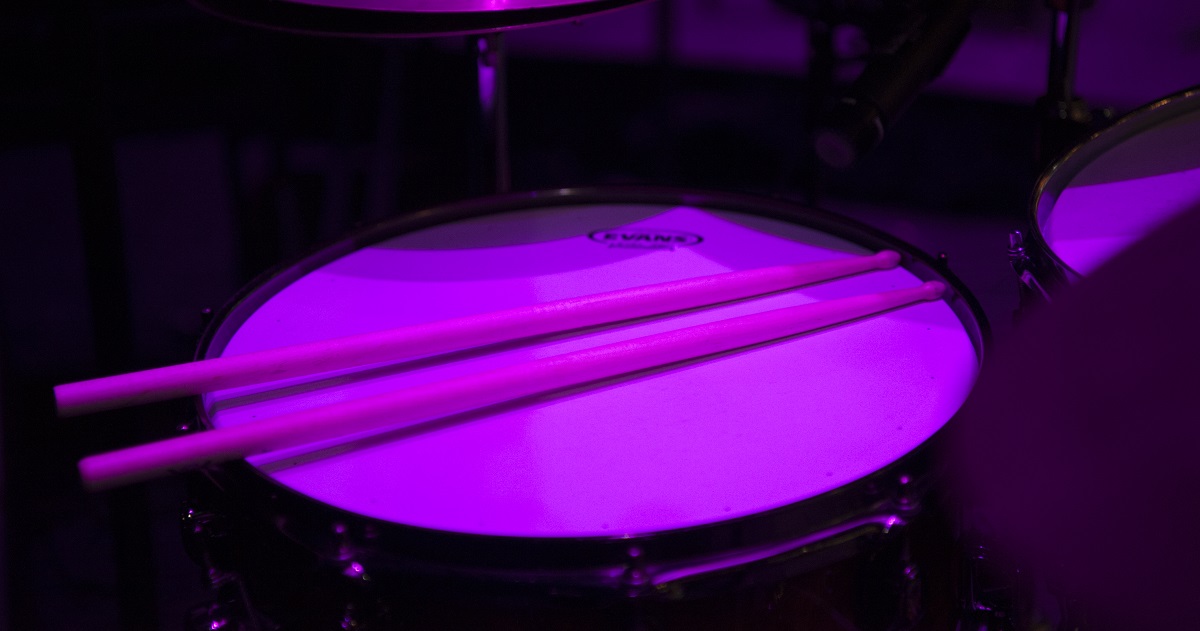
The Evolution of Music During Quarantine
June, 2020 — Week #12. No gigs. No classes. No jam sessions. Charlotte-based jazz musicians have described this time as peculiar. The days look very different. Troy Conn, guitarist and new dad, smiles when he talks about his extra time at home: “my little guy has heard more guitar than any other baby”.
One JazzArts Charlotte patron turns the situation on its heels with this question: what will we gain from this experience for our future?
This extra time has allowed a space to create new music. Rather than being focused on preparing for the next performance or lesson, there is breathing room to explore the musical ideas that have been sitting on the shelf. After a few weeks of movie binging and apartment cleaning, Adrian Crutchfield has several new songs in the works. Lynn Grissett, trumpeter, says he’s “turbo charged for output”. Actually, nearly every musician we have spoken to during the weekly “Conversations with Curtis” talks about writing, whether as an exercise of practice or with the goal to finalize new pieces of music.
It’s not surprising to see the jazz community, often described as almost a family, use this time apart to actually create new opportunities to work together. Dawn Anthony shares her excitement in having the time to collaborate with Lovell Bradford and others, balancing different skills to create new music. With less time devoted to the everyday business of music, some are connecting with other musicians, trading musical strengths and springboarding off each other to bring new ideas to life. In a unique effort to make music together, Ashlin Parker and a group of trumpeters have been seen bringing music door to door, literally. Standing 40 feet apart, he calls this a porch gig. Describing the first one he did, “I was in tears the whole time. We all understand why we play now.”
Certainly, this predicament has created a heightened focus on the value of music, of community, and of time. Lynn Grissett feels like this has been eye-opening for him and others. “Don’t take your life for granted. Music is one of the gifts we have to share with others.” For Ariel Pocock, this has also been a time to take stock. Instead of continuing “to be busy to be busy”, she is noticing what things she chooses. When things get back to normal, she intends to continue to be more intentional about where she devotes her energy.
Lynn describes this impact on his writing: “there’s more seasoning in my writing. A part of your brain is moved. It can be used for positive or negative. I choose positive.”
The drive to find a musical outlet has pushed a brand new virtual environment. Many are delving into the technology, “whether we want to or not,” smiles Sean Higgins, who has explored music lessons on five different digital platforms. By nature, jazz is interactive. Connecting via technology is not ideal and it won’t replace live music when that returns. But these tech skills will likely push us into a new future vision for an incremental way we share music.
“We’re not in the ER. We’re gonna be OK,” reflects Ariel Pocock. The loss of income needs to be addressed while we are hunkered down. Yet, there continues to be a sense of hope from the jazz community. After all, improvising is what jazz does best. Who knows. We may be more than OK when this is finally over.
(Insights from our weekly Conversations with Curtis Keep Jazz A-Live-Streaming series. Watch on Facebook Live or via Zoom: www.thejazzarts.org/events)